
Electric vehicles (EVs) are becoming more popular as a solution for the future of transportation. This change is happening because people are worried about climate change, pollution, and using up natural resources. Many people and governments are looking for ways to switch to cleaner and greener energy options. Electric cars are a great option, as they help the environment, cost less to maintain, and are becoming more affordable every year. In this blog, we will explore how electric vehicles are changing transportation and how they can improve our lives.
1. Why Are Electric Vehicles Becoming Popular?
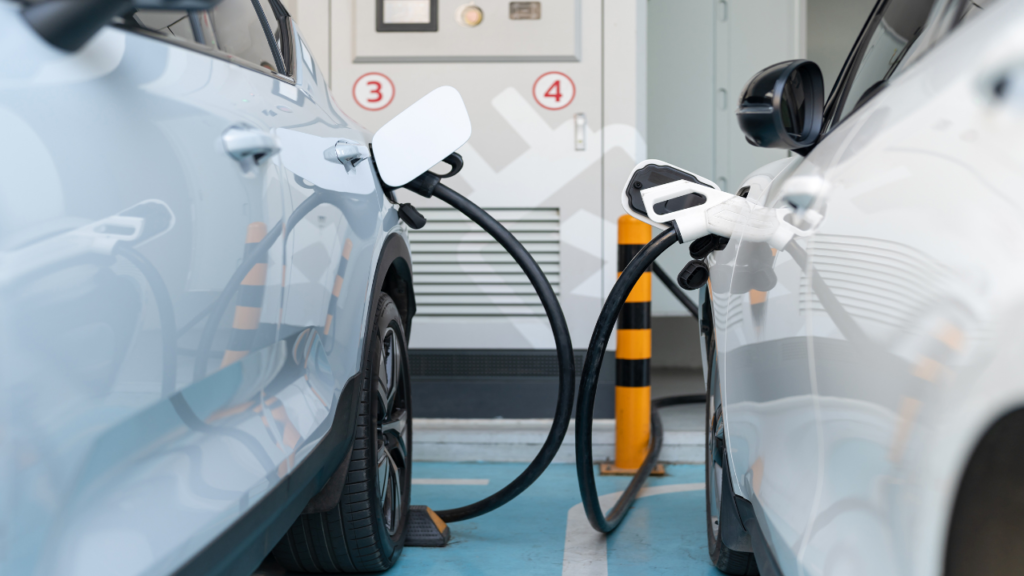
Electric vehicles are getting more attention than ever before. More and more people are realizing that traditional cars are bad for the environment because they burn fossil fuels and release pollution. This has made people more interested in finding better, cleaner alternatives.
Governments around the world are helping promote electric cars. They offer benefits like tax rebates, special deals, and discounts to people who choose electric cars. This makes EVs more affordable for everyone. Additionally, as the demand for electric vehicles grows, more companies are investing in them. As a result, the prices of electric cars are slowly dropping.
2. Benefits of Electric Vehicles
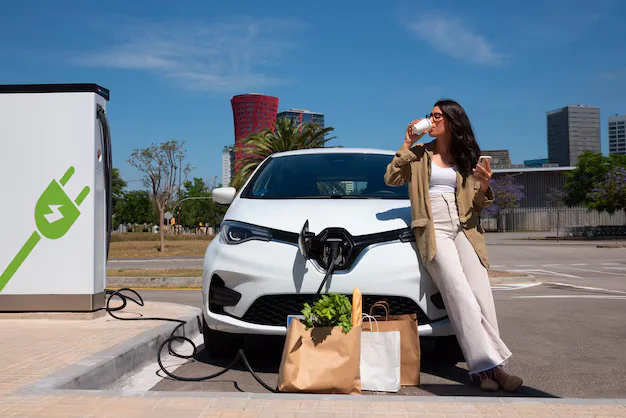
Electric vehicles offer many benefits. These advantages are why so many people are choosing them over traditional gas-powered cars.
1. No Pollution

The biggest benefit of EVs is that they don’t produce harmful emissions. Unlike traditional cars that pollute the air, electric cars don’t release carbon dioxide (CO2) or other harmful gases. This helps improve air quality, especially in cities where air pollution is a major problem. As more people drive electric cars, pollution levels can drop, leading to cleaner, healthier environments.
2. Lower Costs to Run
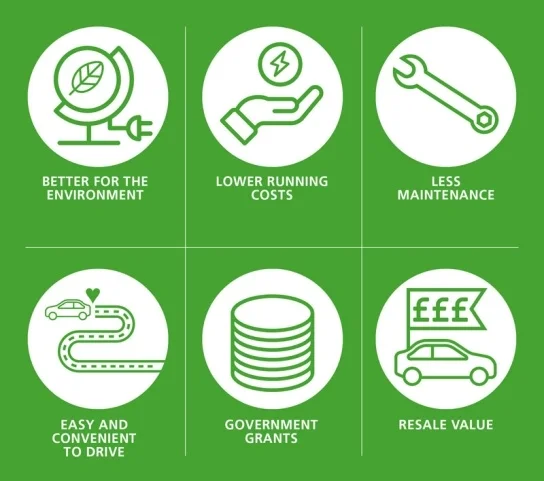
Electric vehicles cost less to run than gas-powered cars. For one, electricity is cheaper than gas. This means that charging an electric car costs much less than filling up a gas tank. Additionally, electric cars have fewer parts that need to be maintained. You won’t need to change oil, and the brakes last longer. As a result, you spend less on repairs and maintenance.
3. Helps Save the Earth
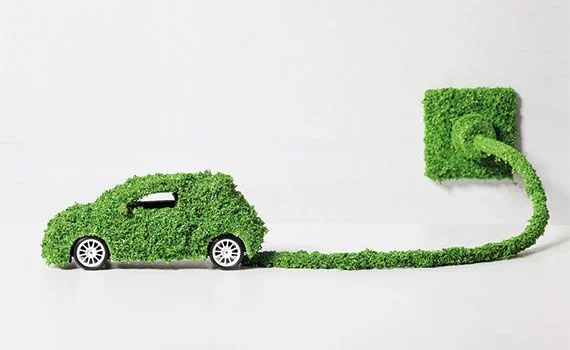
Electric cars can be powered by clean, renewable energy, like wind or solar power. As more countries switch to using renewable energy sources, electric cars become even more eco-friendly. This means that driving an electric car is one of the best ways to reduce your carbon footprint and protect the environment.
4. Quiet Driving
One thing that makes electric vehicles special is how quiet they are. Traditional cars with engines can be very loud, especially in busy city areas. Electric cars, on the other hand, make very little noise, making them a great choice for reducing noise pollution. This also creates a more peaceful driving experience for everyone.
3. Challenges with Electric Vehicles
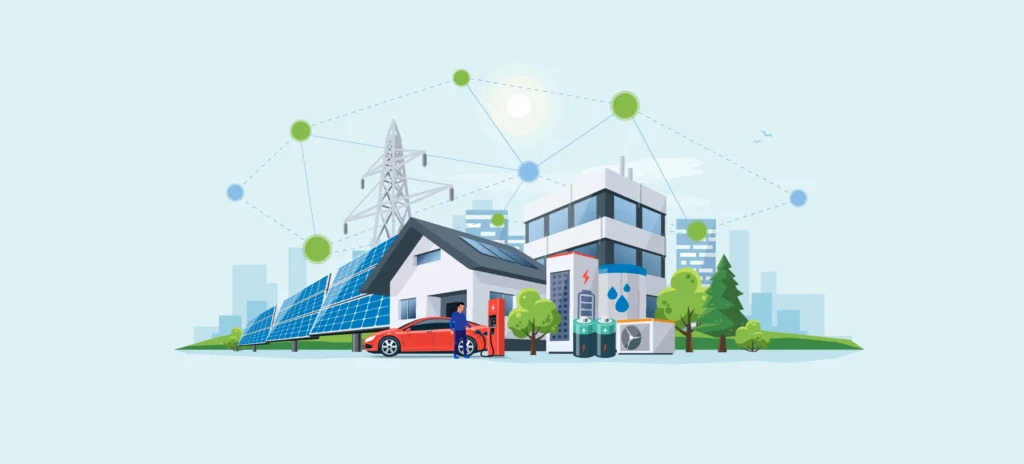
While electric vehicles offer many benefits, there are also a few challenges that we need to address.
1. Limited Range and Charging Stations
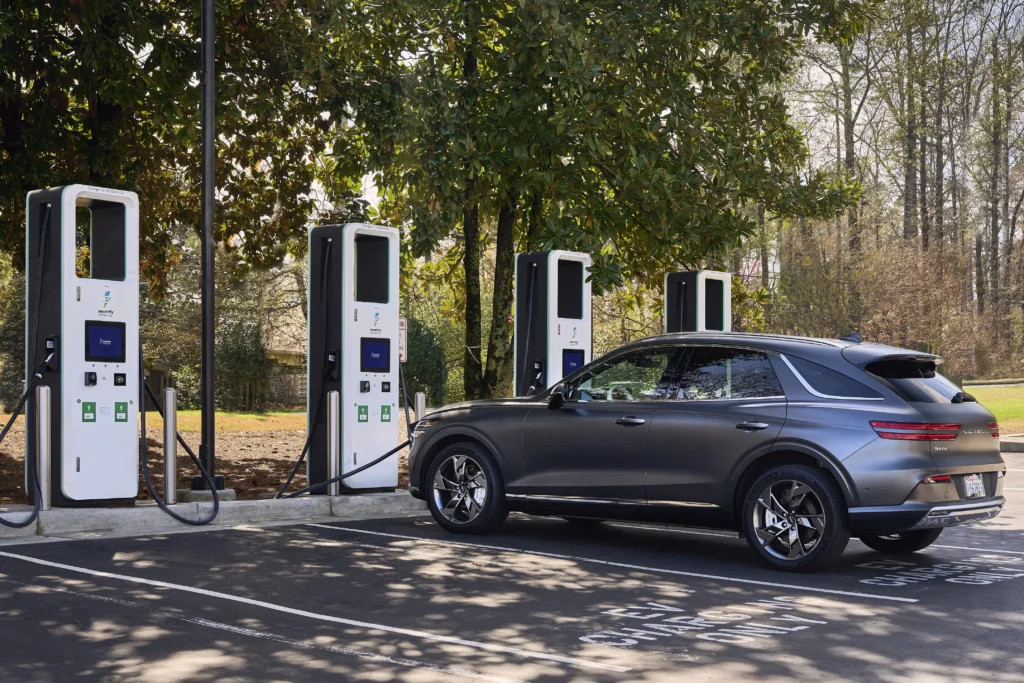
One concern that people have with electric vehicles is how far they can drive on a single charge. Although electric cars are getting better, they still cannot travel as far as traditional cars on one battery charge. In addition, there are not enough charging stations in some places, especially in rural areas. Without more charging stations, people may worry about running out of battery during long trips.
2. High Upfront Cost
Electric cars are still more expensive than traditional cars. Although the price is decreasing, the higher cost of batteries is still a major factor. However, over time, as battery technology improves, prices are expected to drop further. Also, government incentives help reduce the initial cost, making EVs more affordable for many people.
3. Battery Issues

Electric car batteries can wear out over time. As they lose their power, the range of the car becomes shorter. Additionally, batteries are made from materials that can be harmful to the environment when not disposed of properly. This is a problem that manufacturers are working to solve by developing better, longer-lasting batteries and better recycling methods.
4. New Technologies That Will Improve Electric Vehicles
The future of electric vehicles looks bright because of new technologies. Many changes are happening quickly, making EVs even better.
1. Better Batteries
One of the biggest improvements in electric vehicles will be the development of better batteries. Solid-state batteries are being researched to replace the current lithium-ion batteries. These new batteries will be cheaper, last longer, and charge faster. With these improvements, electric cars will have longer ranges, and charging will take less time.
2. Faster Charging
Charging an electric car can take hours, but researchers are working on ways to make this faster. Soon, electric vehicles may be able to charge in just a few minutes. This will solve one of the biggest issues with EVs, which is range anxiety (the fear of running out of power). Faster charging will make electric cars more practical for everyday use.
3. Self-Driving Electric Vehicles
Another exciting development is self-driving cars. Many electric vehicle companies, like Tesla, are working on adding self-driving technology to their cars. This means that electric vehicles may soon be able to drive themselves, reducing traffic accidents and making travel safer for everyone. With self-driving EVs, people could relax while traveling, allowing for more productive and enjoyable journeys.
5. How Governments Are Helping Electric Vehicles
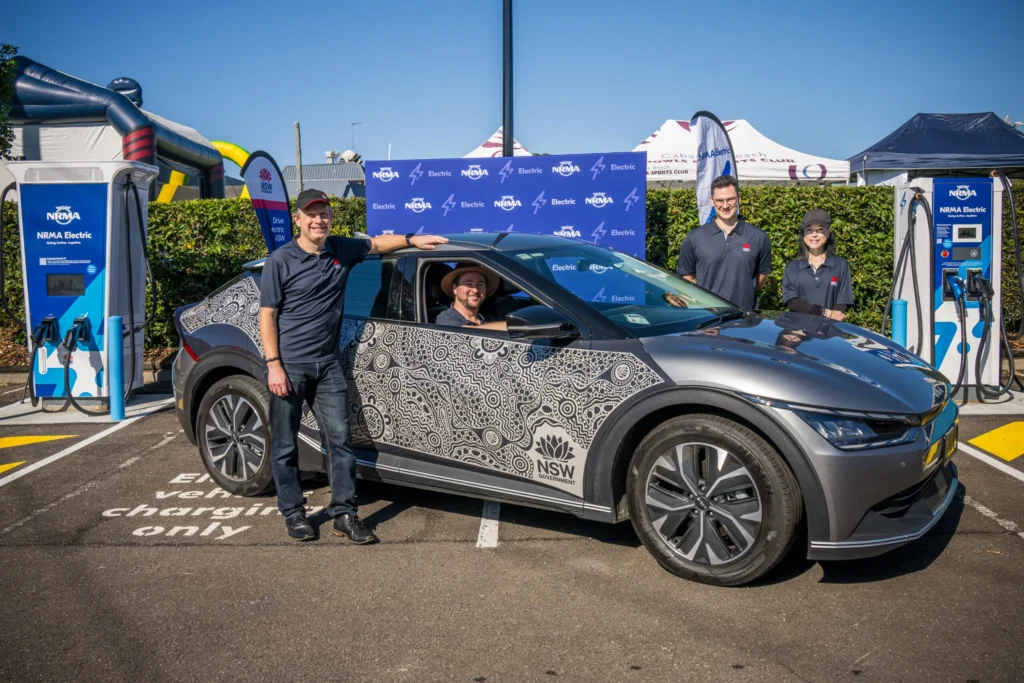
Governments around the world are playing a big role in encouraging people to buy electric vehicles.
1. Financial Incentives
Many governments offer tax breaks or rebates to people who buy electric cars. These incentives help reduce the upfront cost of EVs, making them more affordable for everyone. In some countries, electric car owners also pay lower taxes or even get free parking.
2. Clean Energy Goals
Governments are also setting goals to reduce pollution. Many countries have promised to ban the sale of new gasoline-powered cars by 2035 or 2040. This will push more people to buy electric vehicles. By setting these goals, governments are helping to ensure a cleaner and healthier future.
3. Building Charging Stations
To make electric cars more practical, governments are also investing in more charging stations. Many countries are working to install charging stations along highways and in cities to make it easier for people to charge their cars. This will help reduce the problem of limited charging infrastructure and make electric cars more convenient to own.
6. The Future of Transportation: All-Electric Roads Ahead
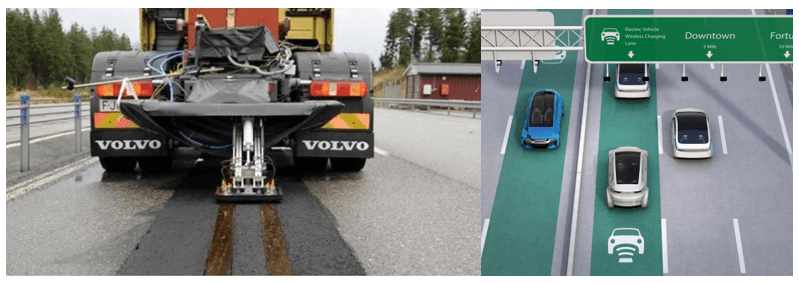
The future of transportation is moving toward electric vehicles. As technology improves, the cost of electric cars will continue to drop. More charging stations will be built, and electric cars will become more common on the road. Governments are also making policies that will help people switch to EVs.
Electric vehicles are an important part of creating a cleaner, greener, and quieter world. As more people drive electric cars, the environment will benefit. In the future, we will see fewer gas stations, less pollution, and cleaner air. The world is heading toward an electric future, and that is an exciting change.
Conclusion
Electric vehicles are already changing the way we think about transportation. With zero emissions, lower costs, and better technology, EVs are becoming the preferred choice for many people. While there are challenges, such as limited range and high costs, these issues are being addressed. The future of transportation will likely be powered by electricity, helping create a cleaner and safer world for future generations.
Visit Informeek for more info.




Leave a Reply